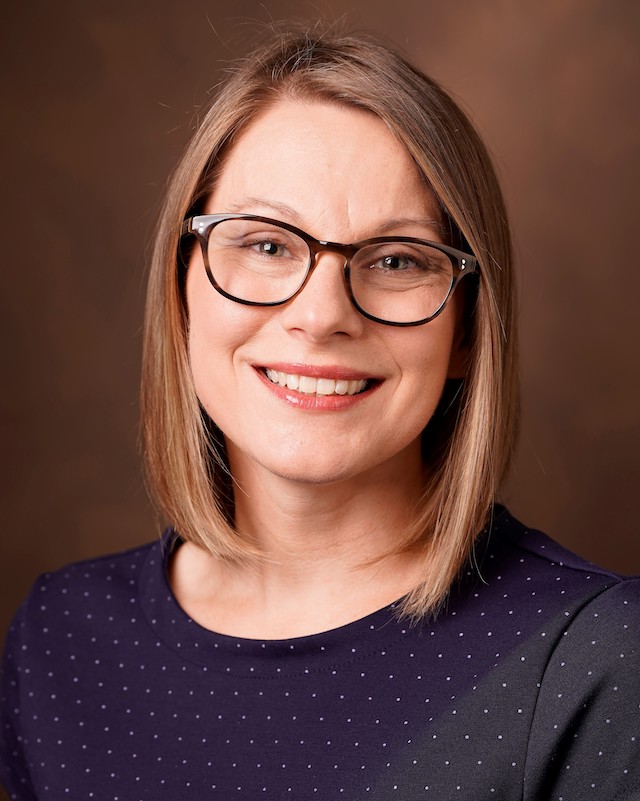With prescription drug costs rising rapidly – and with specialty medications representing half of the spending – there is an urgent need to understand why some patients fail to take specialty medications as directed.
Vanderbilt researchers conducted a randomized controlled trial examining interventions that address challenges faced by patients using self-administered specialty medications and published the results.
Real-World Issues
The trial, which involved 438 participants, evaluated the effect of patient-tailored interventions intended to encourage adherence to prescriber medication orders. It also examined why even patients who comply may be misclassified as nonadherent.
To design effective interventions, the researchers conducted focus groups with patients who had deviated from their prescribed medication directions, as well as with the specialty pharmacists who work with them. The researchers also scoured the literature for successful approaches.
“Incremental changes mean big differences.”
The results showed about a 5 percent higher level of adherence among participants in the study.
“That doesn’t sound like a huge number, but incremental changes mean big differences,” Kibbons said. “The higher the adherence, the more likely the benefit.”
Diverse Reasons for Nonadherence
Of the 218 patients in the intervention arm, the investigators registered 297 reasons for nonadherence. The most common reason was memory, or forgetfulness, which accounted for 37 percent. Lack of communication, such as being unreachable by phone or for medical deliveries, accounted for 28 percent,” Kibbons said.
Sixteen percent had no reason they could pinpoint for missing the medication goals, and 14 percent were unresponsive. Some (11 percent) cited clinical or social issues; others, health literacy (9 percent), health-system determinants (7 percent), or financial challenges (4 percent).
Easy to Forget
Prescription drugs taken once or twice daily become part of a patient’s routine.
“With specialty medications, it’s often every 28 days, or every 56 days. It’s not part of your daily routine, and remembering is hard,” she said.
Designing interventions was fairly straightforward. “We showed patients how to set up reminders on their smart phones,” Kibbons said.
“With specialty medications, it’s often every 28 days, or every 56 days. It’s not part of your daily routine.”
Kibbons added that contact backups are needed to address unreachability.
“We need to contact the patient monthly to arrange delivery. If we don’t reach them, they get no medication,” Kibbons said.
Among harder-to-reach patients, when the researchers finally did get through, they set up alternative means to connect – emails, friends or family, even ordinary mail, to provide backup.
What Problem?
Then there were the patients who thought there was no problem when there was one.
“They’d tell me, ‘I’m never late. I always take it,’ when they were taking it maybe 90 percent of the time,” Kibbons said.
In those cases, Kibbons would remind them that if their intake fell below a certain level, they would not get the benefit, as well as provided positive reinforcement.
“The patients we classified as ‘unresponsive’ were ones who didn’t keep up with appointments or labs; also, there were some who needed financial assistance but didn’t turn in their paperwork,” Kibbons said.
To simplify matters for them, Kibbons suggested locating a closer lab or recruiting a financial counselor to assist them.
Social Issues, an Unforeseen Impediment
“Personal issues weren’t a category we originally included, but some patients weren’t falling into our conceptual buckets,” said Kibbons.
“Human concerns coming up so often taught me the importance of having an open conversation.”
One patient reported that his wife had left him, and it was she who always handled the medication. Others said that they were too depressed to manage the process. Eleven percent of patients mentioned other difficult life circumstances. Patients were encouraged to contact their primary care provider or to use other available resources to address their specific need.
“Human concerns coming up so often taught me the importance of having an open conversation about why someone is not taking the medication as prescribed, and then helping them with their issues,” Kibbons said.
Reassessing a Key Term
Previous studies generally employ a quantity called the “proportion of days covered (PDC)” to measure nonadherance, which is based on a patient’s refill history. For instance, refilling a monthly prescription six times in one year yields a PDC of 50 percent.
“PDC is pretty reliable with nonspecialty medications,” Kibbons said.
Not so for many specialty medications.
“Our investigation highlighted that, with specialty medications, PDC is not as accurate as people think.”
For 60 percent of patients in the study, their PDC number did not accurately reflect the level of prescription adherence.
A reliable alternative has not yet emerged, however.
The team’s findings about PDC’s weakness in the realm of specialty medications have important ramifications. Accrediting organizations pay close attention to PDC rates.
“The tide’s beginning to turn, but we’re not fully there, in terms of updating the recommended standards.”
Personalized Interventions Paid Off
The researchers hoped that after eight months of tailored support, adherence would be at least 5 percent higher among patients in the experimental arm compared to other patients, and it was. What’s more, even though the tailored support ended after eight months, adherence in the intervention group remained 5 percent higher than usual-care patients at 12 months.





